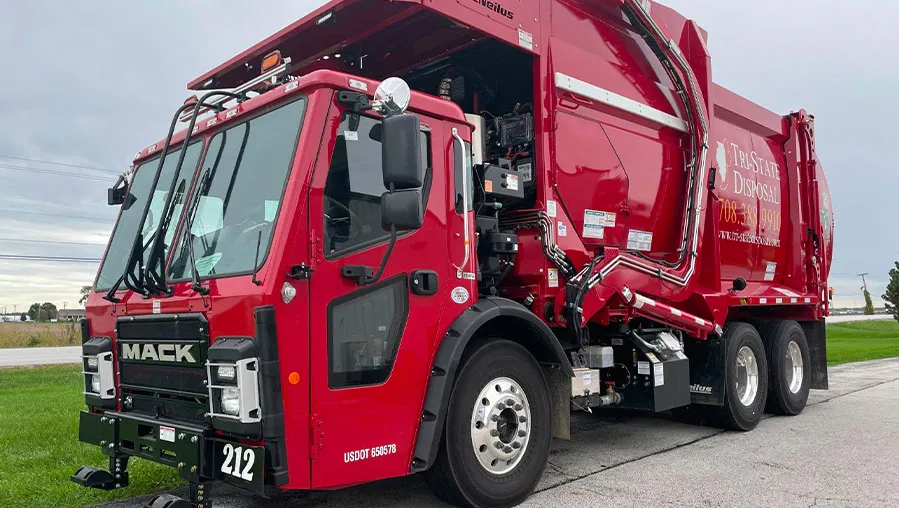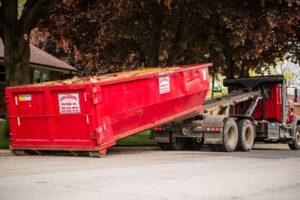Factories, warehouses, and construction sites generate significant amounts of waste after completing their work, often referred to as commercial waste. Whether it’s bricks, concrete, or hazardous materials, these items cannot be simply discarded. Proper disposal is essential to prevent health, environmental, and safety hazards.
But what do you do with this waste? Read these tips on how to know what commercial waste is and proper disposal techniques.
What is Commercial Waste?
Commercial waste, also known as business waste or industrial waste, encompasses the waste generated by businesses and organizations during their daily operations. The specific types of commercial waste vary depending on the nature of the business. Examples of commercial waste include paper, cardboard, food, hazardous materials, and construction debris.
Regulations and Responsibilities
Handling commercial waste comes with added responsibilities. Businesses must legally manage their waste in compliance with local, state, and federal regulations. These regulations ensure proper collection and disposal methods to reduce environmental harm.
How to Dispose of Commercial Waste?
Given their present danger, proper commercial waste management protects employees, customers, and the environment. Use these tips on how to do it right:
- Separate Items: Separate the waste by the source. Use designated bins or containers to sort recyclables, hazardous materials, and general waste. You’ll have an easier time disposing and recycling these materials.
- Partner With a Waste Collection Service: Partner with a waste management company specializing in commercial waste removal and recycling services. They can provide containers and trash pickups to meet your needs.
- Commercial Recycling: Whenever possible, recycle materials such as paper, cardboard, and plastics. Recycling not only reduces the amount of waste sent to landfills but also conserves valuable resources.
- Hazardous Waste: Handle all hazardous materials carefully, as they may contain toxic chemicals or sharp edges. They require specific disposal methods to reduce human and environmental risks. Be sure to follow the guidelines for hazardous business waste disposal in your area.
- Regular Monitoring: Keep an eye on your waste production. Adjust your waste management plan accordingly to minimize waste and its associated costs. If it helps, consider reusing materials for other endeavors to reduce the amount of waste generated.
Understanding commercial waste and proper disposal is crucial for businesses. With these practices in place, following all regulations, and partnering with a reputable waste management company, your business can contribute to a cleaner, greener future.
Call Tri-State Disposal for Commercial Waste Management Services!
Tri-State Disposal is here to help you with expert industrial and commercial waste management services, from dumpster rentals to trash pickup. Call us at 708-388-9910 to schedule an appointment!




